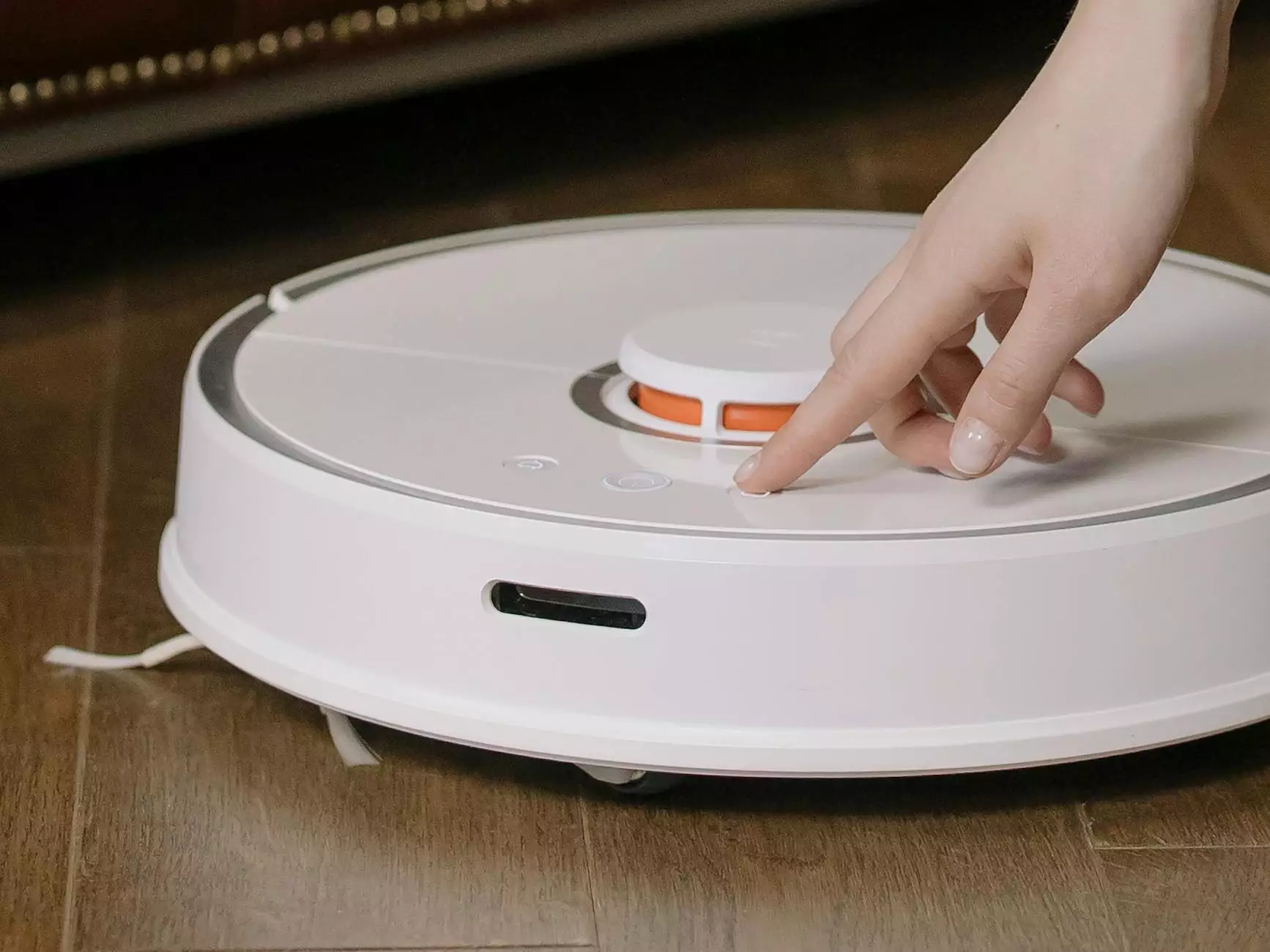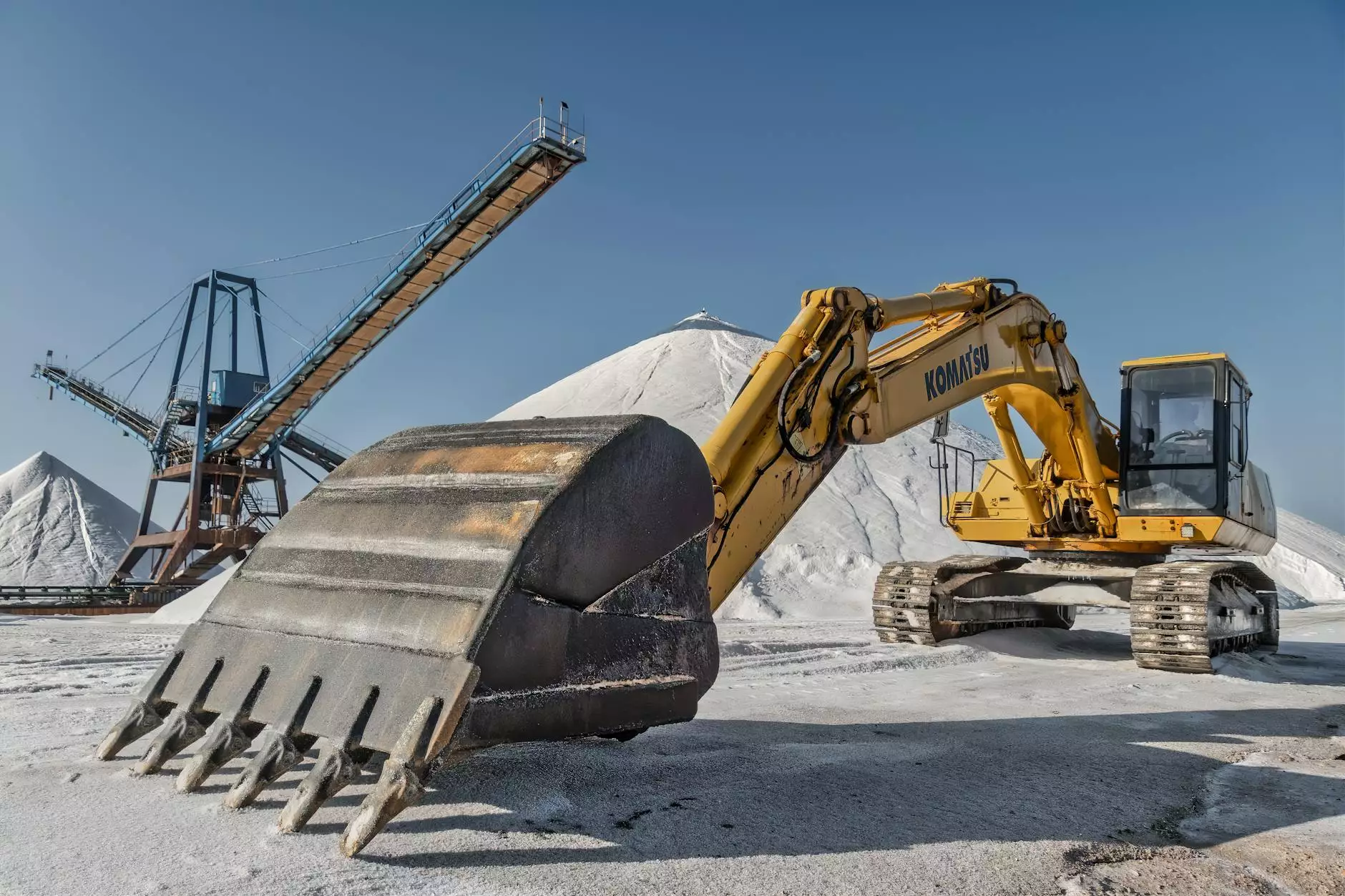Revolutionizing Cleanliness: The Impact of Industrial Vacuum Systems

In the modern business landscape, industrial vacuum systems play a pivotal role in enhancing operational efficiency and ensuring workplace safety. From manufacturing plants to food processing facilities, these systems are essential for maintaining cleanliness and hygiene. This comprehensive guide will explore the various facets of industrial vacuum systems, their benefits, applications, and why investing in such technology can transform your operations.
Understanding Industrial Vacuum Systems
First, let’s demystify what industrial vacuum systems are. Unlike traditional vacuum cleaners, which are designed for household use, industrial vacuum systems are engineered to handle large volumes of materials, including dust, debris, and hazardous substances. These systems are robust, powerful, and designed for continuous operation in demanding environments.
Components of Industrial Vacuum Systems
Industrial vacuum systems typically consist of several key components:
- Vacuum Pump: The heart of the system, responsible for creating the vacuum necessary to suck in materials.
- Filtration System: Essential for trapping particulates and preventing the escape of harmful substances.
- Hoses and Attachments: These allow operators to direct the suction power to specific areas or materials.
- Dust Collection Containers: Designed to safely store collected materials for easy disposal.
- Control Systems: For monitoring and regulating the vacuum system's performance.
The Importance of Cleanliness in Industry
In industries such as manufacturing, pharmaceuticals, and food processing, cleanliness is not merely an aesthetic choice—it is crucial for compliance, safety, and efficiency. Contaminants can lead to product defects, safety hazards, and even legal issues. Therefore, investing in industrial vacuum systems can significantly reduce these risks and ensure a clean working environment.
Benefits of Industrial Vacuum Systems
Implementing industrial vacuum systems in a business can lead to numerous advantages, including:
- Enhanced Workplace Safety: Dust and debris can create slip hazards and affect respiratory health. Industrial vacuums mitigate these risks, promoting a safer work environment.
- Improved Product Quality: Contaminants can compromise product quality. Clean workspaces lead to higher quality outputs.
- Increased Efficiency: Automated cleaning processes free up time for employees to focus on core tasks, significantly enhancing productivity.
- Compliance with Regulations: Many industries are subject to strict hygiene regulations. Industrial vacuum systems help maintain compliance and avoid fines.
- Cost-effectiveness: Investing in robust vacuum systems can reduce waste disposal costs and extend the life of equipment.
Applications of Industrial Vacuum Systems
Industrial vacuum systems are versatile and find applications in various sectors, including:
1. Manufacturing
In manufacturing environments, these systems are crucial for clearing away metal shavings, sawdust, and other debris that can hinder operations. They can effectively manage hazardous materials, ensuring safety and compliance.
2. Food Processing
Food safety is paramount, and maintaining cleanliness is essential. Industrial vacuum systems help in collecting spills and dust, significantly improving hygiene throughout the production process.
3. Pharmaceutical Industry
In pharmaceutical manufacturing, any contamination can lead to dire consequences. These systems enable the effective removal of hazardous substances and particles, ensuring sterile environments are maintained.
4. Construction
In the construction industry, dust and debris are part of the daily grind. Industrial vacuum systems can rapidly clean job sites, improving safety and productivity.
5. Recycling Facilities
In recycling operations, the collection of various materials is essential. Vacuum systems can effortlessly collect metals, plastics, and other recyclables, contributing to efficient recycling processes.
Choosing the Right Industrial Vacuum System
Selecting the right industrial vacuum system depends on several factors, including:
- The Type of Material: Different systems are designed for different materials whether it's dry dust, liquids, or hazardous substances.
- Volume of Material: Assess how much debris you need to manage to select a system with the appropriate capacity.
- Operating Environment: Consider whether the vacuum will be used in hazardous areas or require ATEX certification.
- Required Mobility: Some applications may require portable systems, while others may benefit from stationary units.
Maintenance of Industrial Vacuum Systems
To ensure long-lasting efficiency and reliability, regular maintenance of industrial vacuum systems is crucial. Key maintenance practices include:
1. Regular Filter Cleaning and Replacement
Dust and particulates can clog filters, reducing vacuum efficiency. Regularly clean or replace filters to ensure optimal performance.
2. Inspecting Hoses and Attachments
Check hoses for cracks or blockages. Damaged hoses can significantly reduce vacuum performance.
3. Routine Equipment Checks
Regular inspections of the vacuum pump and motor can identify issues before they become significant problems.
4. Keeping the Area Clean
Even with a vacuum system in place, maintaining a clean area around the system can improve its lifespan and effectiveness.
Future Trends in Industrial Vacuum Technology
The landscape of industrial vacuum systems is ever-evolving, with innovations aiming at enhancing efficiency and sustainability:
1. Smart Technology Integration
Advancements in IoT (Internet of Things) are leading to smart vacuum systems that can provide real-time data on performance and maintenance needs, preventing downtime.
2. Increased Energy Efficiency
Manufacturers are focusing on developing energy-efficient vacuum systems to minimize operational costs while maximizing suction power.
3. Environmentally Friendly Solutions
With growing environmental concerns, the development of eco-friendly vacuum systems using sustainable materials and energy-efficient designs is on the rise.
Conclusion: Investing in Industrial Vacuum Systems
In summary, the role of industrial vacuum systems in enhancing cleanliness and operational efficiency cannot be overstated. As industries evolve, the necessity for effective cleaning solutions becomes ever more critical. By investing in robust and reliable vacuum systems, businesses can not only comply with regulations but also ensure a safer work environment, improve product quality, and enhance overall efficiency.
For those looking to implement state-of-the-art industrial vacuum systems, considering a reputable supplier like TMM.com.tr can significantly streamline your process. Explore their offerings today and take the first step toward transforming your operational capabilities.









